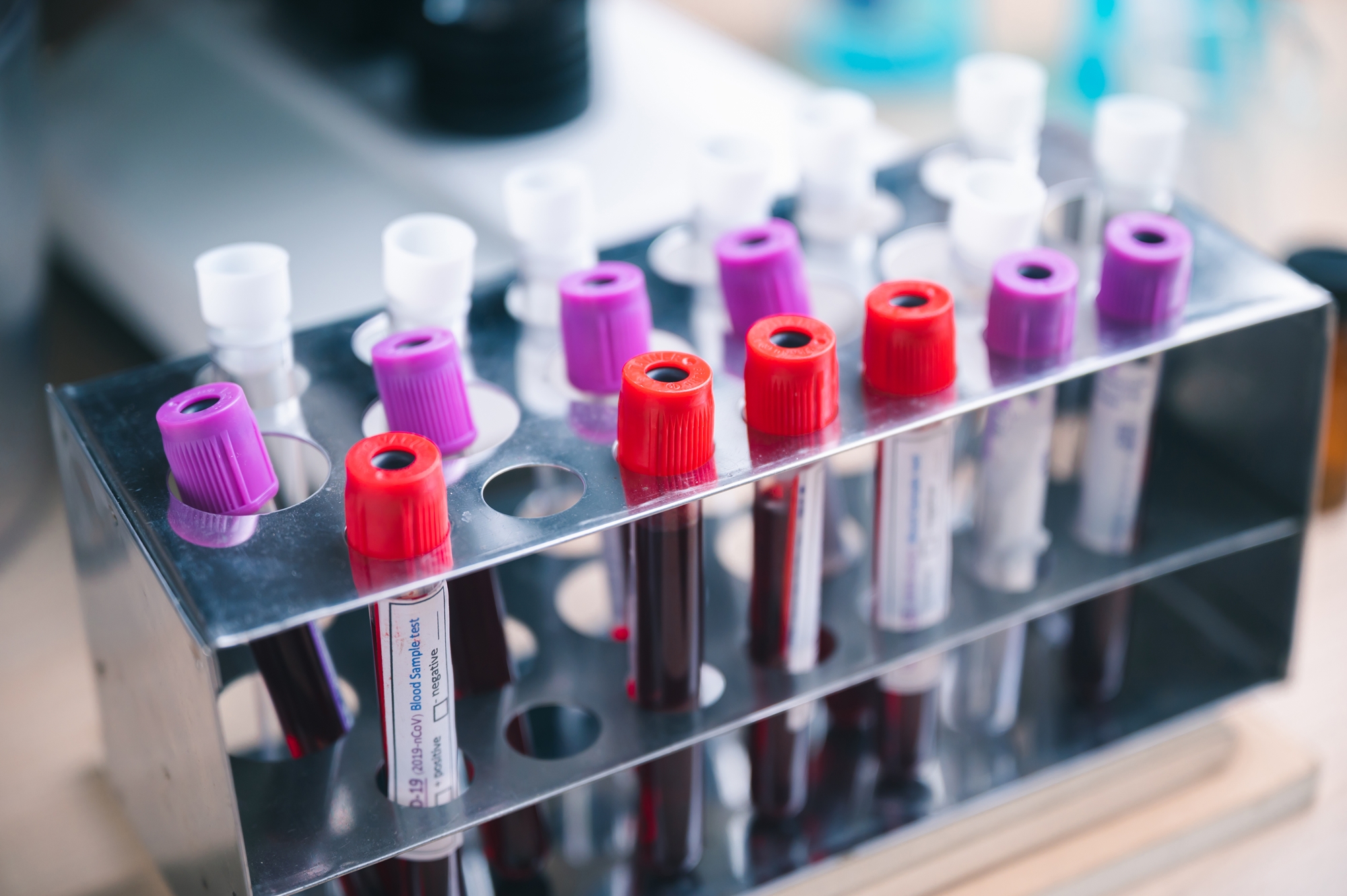- Blood tests give doctors important clues about your overall health.
- Common tests look at red blood cells, white blood cells, cholesterol, and blood sugar.
- Results may be flagged as “low” or “high,” but only a healthcare provider can explain what they mean for you.
- Knowing the basics can help you ask better questions at your next appointment.
Why Blood Tests Matter.
Blood tests are one of the most common tools doctors use to check your health. They can help diagnose conditions, monitor ongoing issues, or simply provide reassurance that things look normal. Even if you feel fine, your doctor might order blood work as part of a routine checkup.
Learn more about blood tests from MedlinePlus, part of the U.S. National Library of Medicine.
Complete Blood Count (CBC)
A CBC is one of the most common blood tests. It measures different parts of your blood, including:
-
Red blood cells (RBC): Carry oxygen through your body. Low levels may suggest anemia.
-
White blood cells (WBC): Help fight infection. High counts can mean your body is fighting an illness.
-
Platelets: Help your blood clot. Too few can cause bleeding problems, while too many may increase the risk of clots.
Blood Sugar (Glucose)
Checking glucose levels helps screen for diabetes and prediabetes.
-
A fasting glucose test measures sugar in your blood after not eating for 8 hours.
-
Higher-than-normal results may signal diabetes risk.
Cholesterol and Lipids
A lipid panel looks at fats in your blood, including:
-
Total cholesterol
-
LDL (“bad”) cholesterol
-
HDL (“good”) cholesterol
-
Triglycerides
High LDL or triglycerides can increase the risk of heart disease, while higher HDL is generally protective.
Learn more from the CDC about cholesterol.
Kidney and Liver Function.
Special panels measure how well your organs are working:
-
Kidney function tests look at creatinine and blood urea nitrogen (BUN). High numbers may point to kidney problems.
-
Liver function tests check enzymes like ALT and AST. Elevated results may suggest liver inflammation or damage.
Kidney testing information from the National Kidney Foundation.
What to Do With Your Results.
It’s normal to see a result that falls slightly outside the “normal range.” Age, medications, diet, or even the time of day can affect results. Only a qualified healthcare professional can tell you whether your results are a cause for concern.
If something looks unfamiliar or confusing, bring your report to your doctor and ask:
-
What does this result mean for me?
-
Do I need more testing?
-
Should I change my lifestyle or medication?
Bottom Line.
Blood tests are a window into your health, but they don’t tell the full story by themselves. Knowing the basics can make it easier to understand your results and have informed conversations with your doctor.





